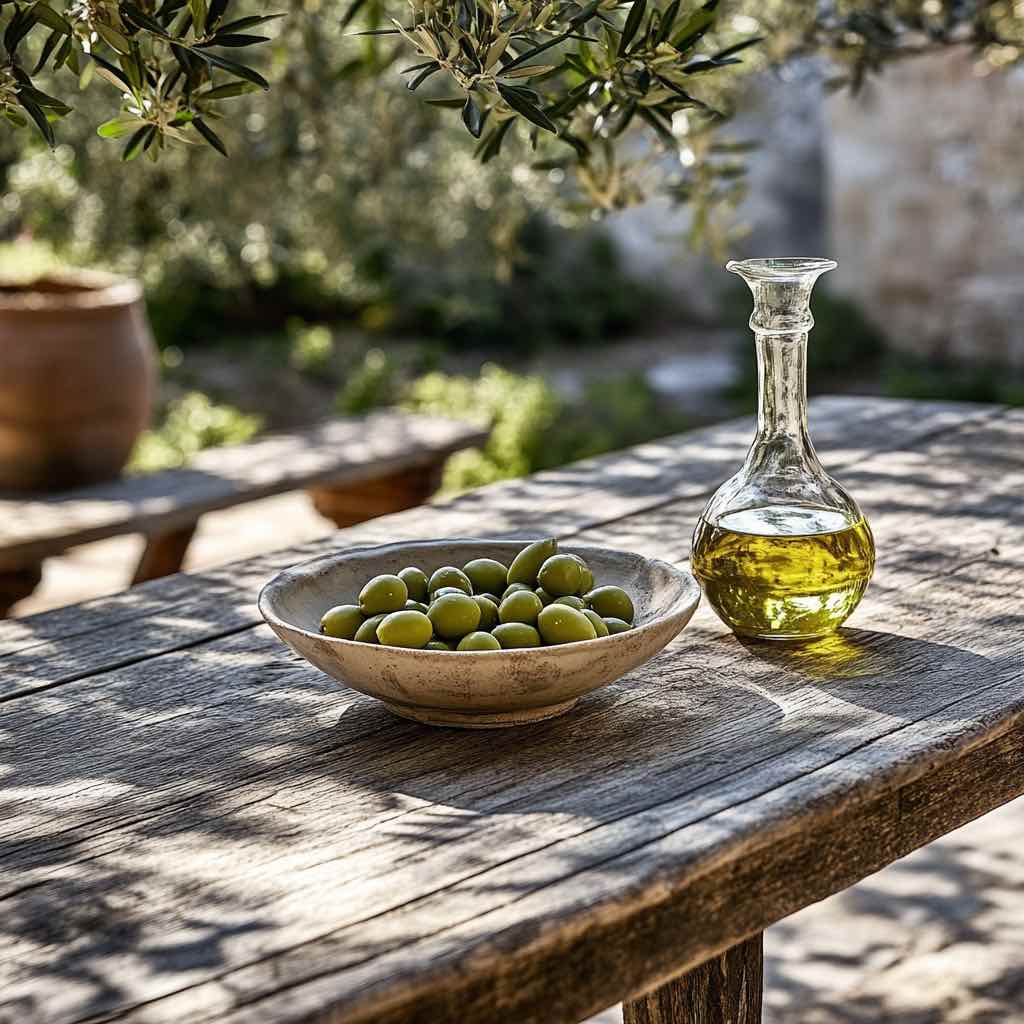Olive oil has become a staple in kitchens all over the world, especially those inspired by the Mediterranean way of cooking. But when it comes to health benefits, not all olive oils are created equal.
The short answer? Extra virgin olive oil is the healthiest option.
What Is Extra Virgin Olive Oil?
Extra virgin olive oil (often shortened to EVOO) is the purest and least processed type of olive oil. It’s made by cold-pressing fresh olives, meaning no heat or chemicals are used during production. This gentle process helps preserve a wide range of nutrients that would otherwise be lost, including antioxidants, vitamin E, and healthy fats.
To earn the label "extra virgin," the oil must have a low acidity level and meet high standards for taste and aroma.
Why It’s So Good for You
One of the key reasons extra virgin olive oil is so beneficial is its high content of polyphenols – natural plant compounds that act as powerful antioxidants and have anti-inflammatory properties. These compounds help the body fight chronic inflammation, which is linked to heart disease, type 2 diabetes, and even some cancers.
EVOO also contains oleic acid, a monounsaturated fat that has been shown to lower bad LDL cholesterol and raise good HDL cholesterol. It may also help reduce blood pressure and protect the lining of blood vessels.
Protection for Your Cells
Thanks to its antioxidants, extra virgin olive oil also protects the body from oxidative stress, which can damage cells and accelerate aging. A diet rich in antioxidants is associated with a lower risk of several long-term health problems.
In short: extra virgin olive oil is one of the most nutrient-dense fats you can use in your cooking.
How to Use It
To preserve its health benefits, it's best to use extra virgin olive oil raw – drizzled over salads, grilled vegetables, soups, hummus, or pasta.
It can also handle moderate heat, making it suitable for gentle sautéing. However, for very high-heat cooking like frying, a refined olive oil is usually a better choice, as it has a higher smoke point.
What to Look for When Buying
Not all extra virgin olive oils are of equal quality. To choose a good one, look for:
• Labels that say “cold-pressed” and “extra virgin”
• Organic certification, if possible
• Clear origin – such as Italy, Spain, or Greece
• Dark glass bottles (to protect the oil from light)
• Recent bottling date – fresher is better



